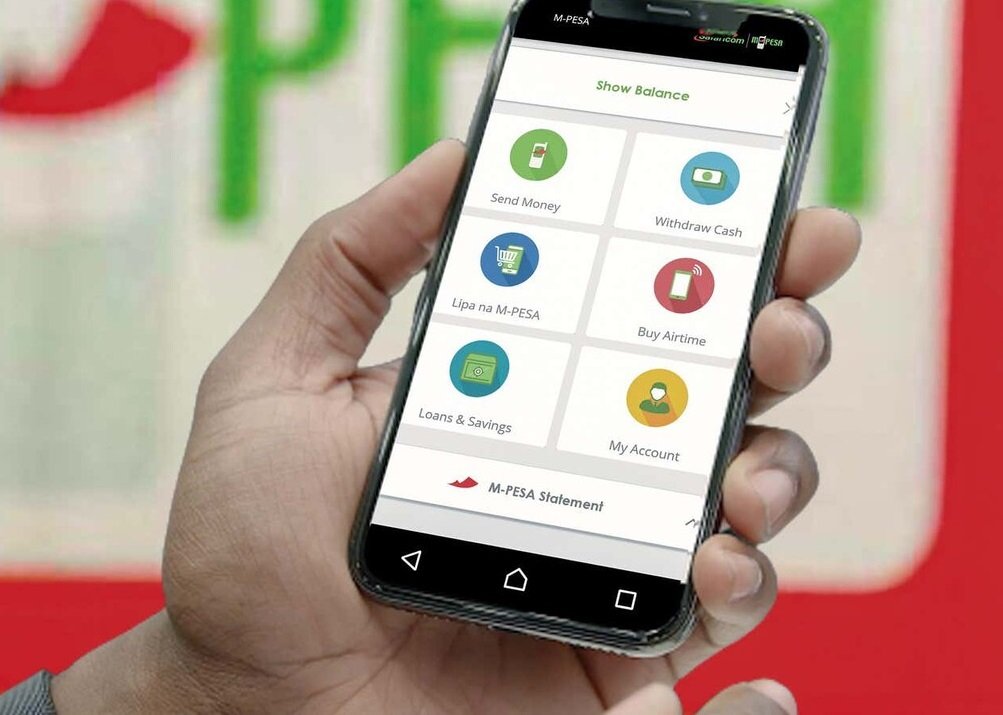The government is planning to convert mobile money paybill and till numbers into electronic tax registers (ETRs) by December 25 in a bid to catch tax evaders.
This plan was disclosed by Moses Kuria, a senior economic adviser to the head of state President William Ruto, during a tax summit on Wednesday.
Kuria, who was previously a Cabinet Secretary, announced that from December next year, all paybills will serve as virtual ETRs in an effort to broaden the tax base.
“We’ve agreed with the Commissioner-General that come Christmas 2024, all paybills will also be virtual ETRs for the purposes of [tax collection], Kuria said.
“I know there is going to be some noise, but I also want you to tell me where we agree that someone will not pay taxes? Maybe I missed that point.”
The move targets traders who rely on mobile money platforms like Safaricom’s M-Pesa but have yet to be captured under the current tax system.
Currently, out of the over two million companies using mobile paybill services, only 200000 are registered with physical ETRs-a gap so big in revenue potential.
- KRA pressuring landlords to hike rent
- Why paybill tax will drive nail in Safaricom casket
- Safaricom opposes plan to turn paybills into KRA tax registers
Kuria highlighted that this transition will initially focus on businesses earning more than Sh5 million in annual sales.
President Ruto has previously indicated that the country’s vast number of mobile money users presents a golden opportunity to enhance revenue collection.
The Kenya Revenue Authority (KRA) is already working on integrating its systems with mobile phone operators to catch income tax evaders.
As part of this effort, mobile money transactions will soon be treated similarly to an electronic tax invoice system (eTIMS), which will make it easier to track sales and compute tax.
This comes at a time when the government is under pressure to raise funds after dropping several tax measures in response to protests.



